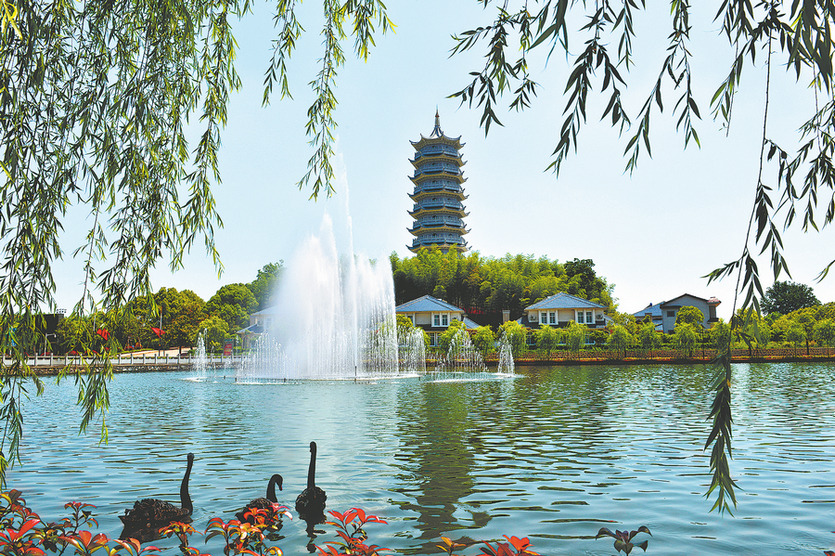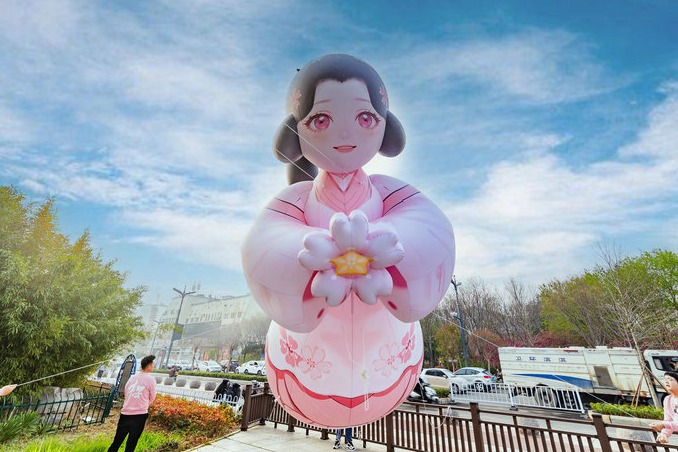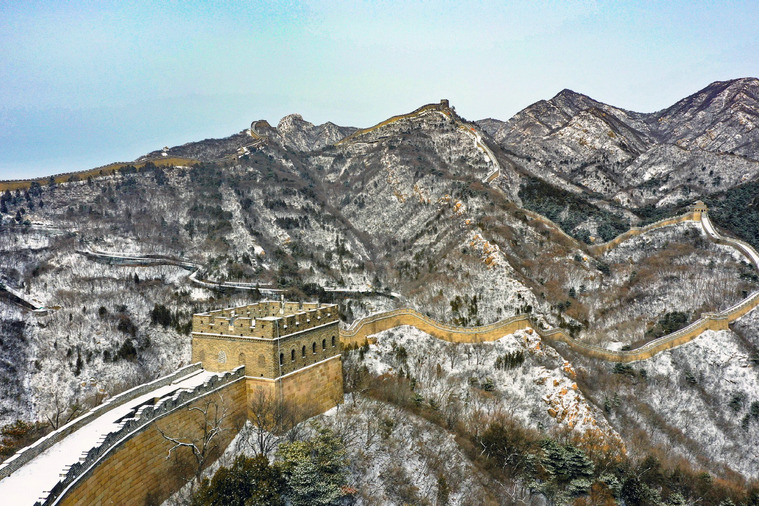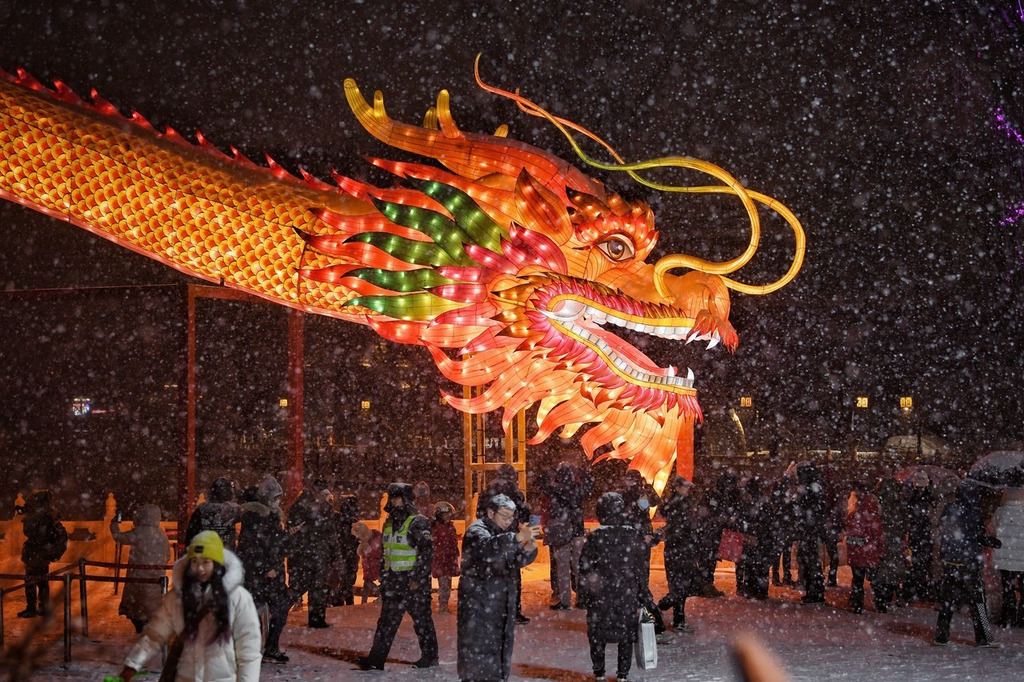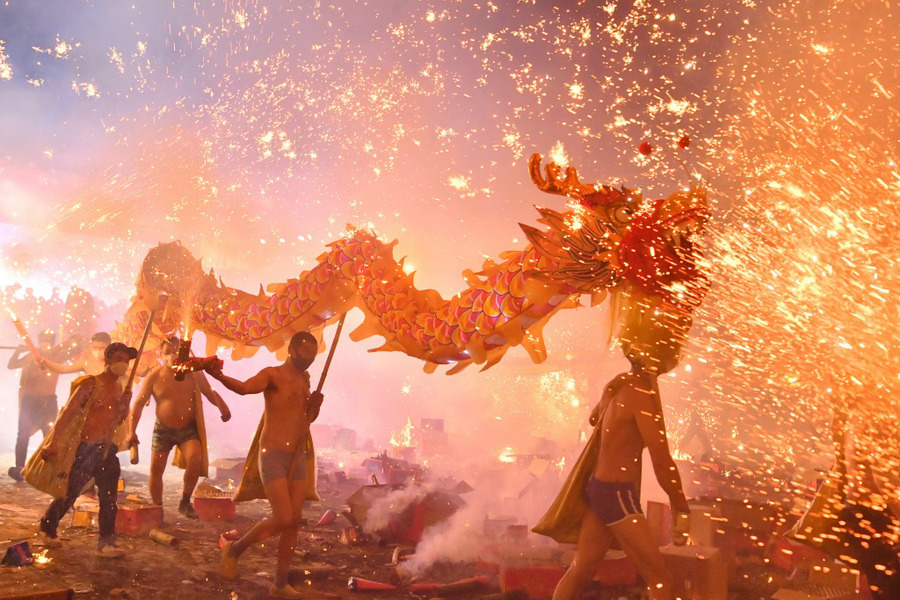From Bicester to Blue Badge guides, Britain caters to Chinese tourists

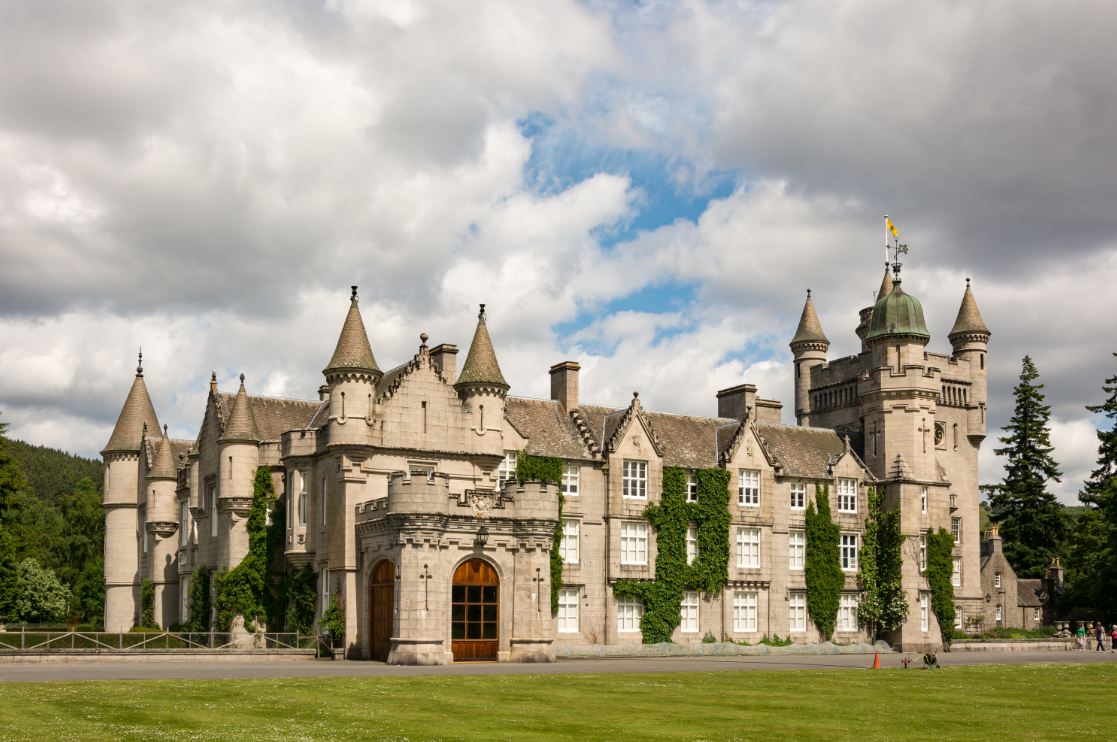
For Chen Jie, a 46-year-old visitor from eastern China's city of Hangzhou, shopping at Bicester Village feels almost like home. A long queue stretches outside the Burberry store, with many Asian faces. A restaurant called Shan Shui recently opened for business, with interiors recalling the ambience of old Shanghai. Mandarin chatter fills the air.
"The sales assistant who speaks Mandarin gave me good recommendation and helped me a lot," says Chen, accompanied by his wife and son, who were clutching five shopping bags.
Chinese visitors like Chen have become Bicester's number one non-EU customers, generating 40 percent of all non-EU tax refunded sales in 2017, according to a spokesperson.
Overall, 337,000 visitors from China spent more than $900 million during their stay in the United Kingdom last year, rising by 29 and 35 percent respectively, according to VisitBritain, the country's tourist board.
Bicester Village is a window of British adaptations to attract ever more visitors from China.
All brands within Bicester Village now accept China Union Pay, and nearly 20 stores have adopted WeChat Pay and Alipay - Chinese tourists' favored mobile payment tools.
Announcements at the Bicester Village station, the London Marylebone station and on the train itself now include a Mandarin version. Bicester hires and trains Mandarin-speaking staff, offers Chinese signage and even developed a Chinese smartphone app, which enables users to explore the place before arrival.
"We also engage our Chinese guests on their platform of choice, with three new WeChat accounts designed to communicate relevant news and bring the Village experience to life," says the Bicester spokesperson.
With a double-digit growth in visits and spending by Chinese tourists last year, Britain is regarding China the "world's most valuable outbound market", planning to welcome 650,000 Chinese visits a year by 2020, which is expected to bring nearly $1.42 billion annually to the British economy.
"We want to build on the strong growth we have seen from China, delivering a world-class visitor experience for Chinese customers," Visit-Britain commercial director Carol Dray says.
Chinese spending in Britain is not only growing in shopping malls. More Chinese tourists now prefer to spend money on quality sightseeing and improving their travel experience, according to a report by Chinese online travel agency Ctrip, released earlier this year.
Phoebe Wang, tour department manager of Omega Tours Ltd, says Chinese tourists in Britain are interested in deeper understanding of British traditions and cultures.
"There are more and more Chinese guests coming to the UK to participate in high-end themed tours, such as English countryside hunting tours, ancient castle tours, horse-riding tours, wine tasting tours," she says.
Chen Heng, a tourist guide in London with Blue Badge, the highest guiding qualification in the UK, also says the demand and spending have increasingly diversified.
"Chinese tourists used to choose travel with bus tour groups. Now personalized travel, travel with family and friends are becoming mainstream as more Chinese tourists want to slow down, willing to spend more time visiting museums, art galleries and participating in local cultural and entertainment events, such as to enjoy musicals, drinking English afternoons," Chen says.
These destinations are adapting, too.
Major museums and art galleries in Britain, such as the British Museum, the National Gallery and Windsor Castle, now provide Chinese audio interpreters.
Some tour attractions have incorporated recognizable Chinese elements. A statue of noted Chinese playwright Tang Xianzu has been installed in William Shakespeare's residence, and the Chinese New Year is now celebrated by special events at a number of British museums.
Xinhua
















